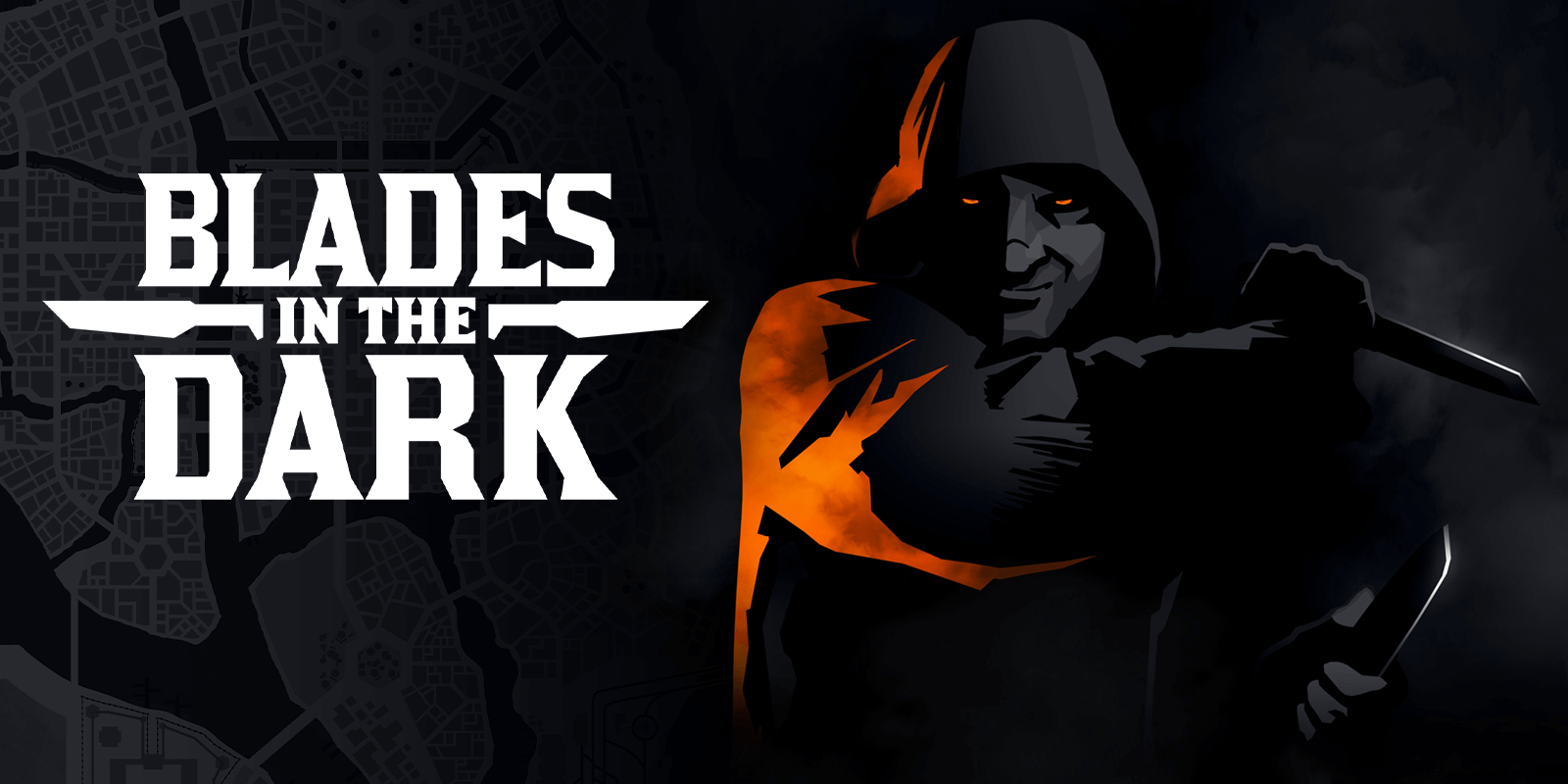
Locales
During downtime, a PC can Tinker with special materials and tools to produce strange alchemicals, build (or modify) items, create spark-craft gadgets, or enchant arcane implements or weapons. The system for each method is similar, with different details depending on the nature of the project.
Inventing
To invent a formula for a new alchemical concoction or the plan for a new item of your design, you need to Study it as a long-term project. Most new formulas or designs will require an 8-segment progress clock to invent and learn. The player and the GM answer questions about the invention to define what it will do in play and what is required to create it (see below). The player records these answers in their notes for future reference.
Creation Questions
- GM asks: "What type of creation is it and what does it do?" Player answers. A creation might be mundane, alchemical, arcane, or spark-craft. If a PC has an appropriate special ability (Alchemist, Artificer, Strange Methods), they get bonuses when inventing and crafting certain creation types.
- Player asks: "What's the minimum quality level of this item?" GM answers, with the magnitude of the effects the item produces as a guideline.
- GM asks: "What rare, strange, or adverse aspect of this formula or design has kept it in obscurity, out of common usage?" Player answers.
- Player asks: "What drawbacks does this item have, if any?" GM answers by choosing one or more from the drawbacks list, or by saying there are none.
A PC with the Alchemist, Artificer, or Strange Methods special abilities invents and learns one special formula when they take the ability (they don't have to take time to learn it).
Once you've invented a formula or design, you can craft it by using a downtime activity (see Crafting, below). No one else can craft this invention unless they learn your design as a long-term project. If you acquire a formula or design invented by another tinkerer, you may learn to craft it by completing a long-term project.
Common alchemicals (see Sample Creations for more information) and ordinary items don't require special formulas or designs to learn. Anyone may attempt to craft them by using commonly available instructions.
Crafting
To craft something, spend one downtime activity to make a Tinker roll to determine the quality level of the item you produce. The base quality level is equal to your crew's Tier, modified by the result of the roll (see the results in the next section).
The results are based on your crew's Tier because it indicates the overall quality of the workspace and materials you have access to. If you do the work with the Workshop upgrade for your crew, your effective Tier level is one higher for this roll.
CRAFTING ROLL
⏣ 1d for each Tinker action dot.
⊕ +1 quality per Coin spent.
⊕ +1 quality for Workshop crew upgrade.
- Critical: Quality level is Tier +2.
- 6: Quality level is Tier +1.
- 4/5: Quality level is equal to Tier.
- 1-3: Quality level is Tier -1.
The GM sets a minimum quality level that must be achieved to craft the item, based on the magnitude of the effect(s) it produces. The GM uses magnitude as a guideline for setting the quality level—it may be higher or lower at their discretion to better describe the nature of the project. An item may be crafted at higher quality if the player wishes to attempt it.
You may spend coin 1-for-1 to increase the final quality level result of your roll (this can raise quality level beyond Tier +2).
Modifying an item
Adding a feature or additional function to an item is simpler than creating something new. You don't need to invent a special formula or plan. Make a crafting roll to modify an item (the baseline quality of an item that you modify is equal to your crew's Tier, as usual).
- A simple, useful modification requires Tier +1 quality. A rifle that breaks down into two sections to be more easily concealed.
- A significant modification requires Tier +2 quality. Strengthening the barrel and powder load of a gun to fire further.
- An arcane, spark-craft, or alchemical modification requires Tier +3 quality. A dagger that can harm a demon. An electrified hull on a boat to repel boarders or ghosts. An outfit coated with chemicals to mask you from deathlands predators.
Modified items, like special creations, may have drawbacks.
Drawbacks
A creation or modification may have one or more drawbacks, chosen by the GM.
- Complex. You'll have to create it in multiple stages; the GM will tell you how many. One downtime activity and crafting roll is needed per stage.
- Conspicuous. This creation doesn't go unnoticed. Take +1 heat if it's used any number of times on an operation.
- Consumable. This creation has a limited number of uses (all alchemicals must have this drawback, usually one use).
- Rare. This creation requires a rare item or material when it is crafted.
- Unreliable. When you use the item, make a fortune roll (using its quality) to see how well it performs.
- Volatile. The item produces a dangerous or troublesome side-effect for the user, specified by the GM. A side-effect is a consequence, and may be resisted.

